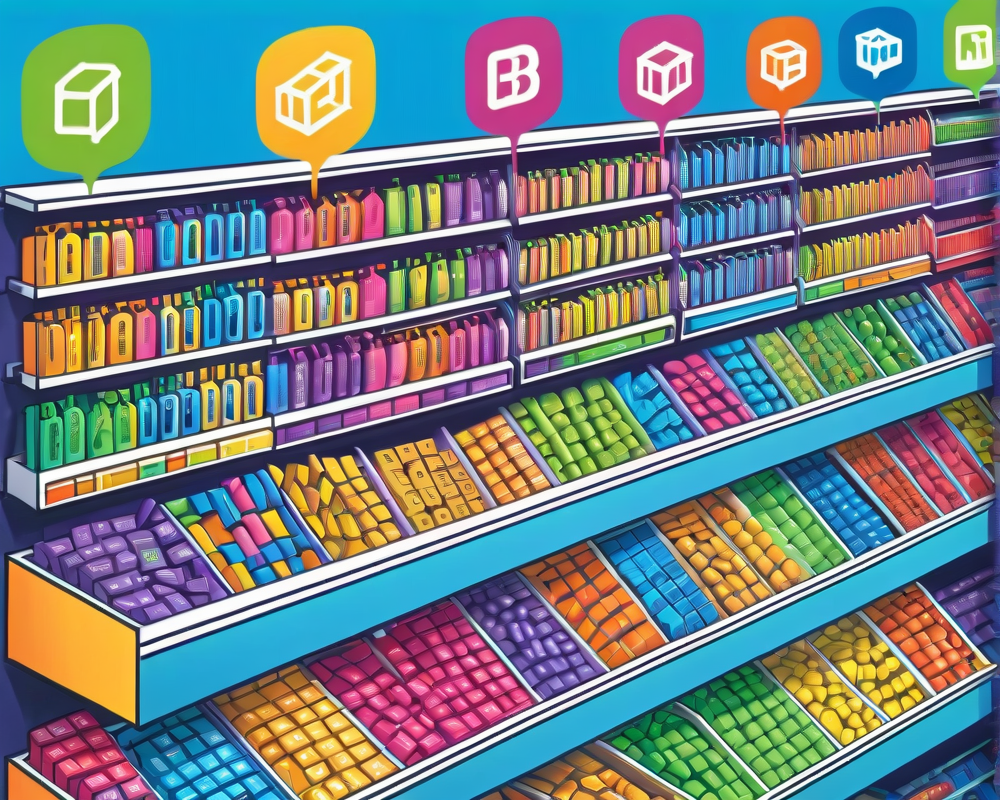In the ever-evolving world of cryptocurrencies, centralized exchanges often resemble a glowing honey pot, attracting both traders and scammers alike. As Mihail Mihaylov, the Chief Decentralist at Bitsquare, points out, this central point of failure makes traditional exchanges, like Bitfinex, prime targets for hackers. But wait, before you fist bump your computer screen and go on a rant about hackers, let’s delve into what really makes decentralized exchanges tick.
No Middleman? No Problem!
Mihaylov emphasizes that Bitsquare is a breath of fresh air like an unpolluted beach compared to the crowded and murky waters of centralized platforms. Bitsquare operates on a peer-to-peer basis, devoid of a middleman. That means when you’re trading cryptocurrencies, you’re directly engaging with another trader without a third-party gatekeeper taking a cut or potentially getting hacked.
How Does This Work?
In Bitsquare’s world, transactions are executed directly between users, which solves the problem of dealing with a single point of failure. Mihaylov explains:
“Unlike Bitfinex and other traditional exchanges, Bitsquare has no middleman nor a central server, so there is nothing to penetrate.”
It’s like trading with your buddy across the coffee shop table, but with a virtual handshake and a lot of cryptography involved!
Security Through Transparency
Bitsquare isn’t just some fortress built on electronics; it promotes security through transparency. The platform’s source code is open for anyone to inspect, which is like inviting the neighborhood watch to ensure no one steals your favorite lawn flamingo.
- User funds are stored locally, meaning the user has full control over their assets.
- The software offers password protection for internal wallets.
- No personal information is required, sidestepping those tedious KYC/AML processes.
The Good, The Bad, and the Promising Features
Since the infamous Bitfinex attack, chatter about Bitsquare has ramped up on the internet’s great town square—Reddit. Users are weighing in on the platform’s unique features, predicting a bright future ahead, though some users also believe it’s still in its nascent stages. One Redditor exclaimed:
“Bitsquare should be more popular! It’s like no one knows the treasure buried in their backyard!”
The platform is designed to work with fiat currencies and other cryptocurrencies, which is nice, but it sadly can’t work with payment methods that have high chargeback risks, such as PayPal. However, there’s good news!
- Supported payment options include bank transfers, SEPA, and various other methods.
- More than 50 altcoins are also accommodated for trading, making it a versatile platform.
Decentralized Authority: Who Calls the Shots?
Kumar Gaurav, the CEO of Cashaa Ltd, speaks to the significance of giving authority back to the people. In a decentralized ecosystem, users decide the value and terms of transactions instead of relying on centralized platforms that can crumble under a heavy attack.
Gaurav astutely notes:
“The idea of Bitcoin is to allow two willing parties to transact directly with each other.”
It’s empowering for traders when they realize they can avoid the minefield of centralized exchanges.
Will Decentralized Exchanges Rule the Future?
Despite the promising features of decentralized exchanges, opinions remain divided. Dominik Zynis of WINGS argues that existing decentralization solutions might still be incomplete, likening them to a mobile phone without service. However, innovators aren’t giving up, and many projects aim to solve the cross-chain integration dilemma.
In a nutshell, decentralized exchanges like Bitsquare are exemplary harbingers of a future where traders reign supreme, free from the chaos of centralized entities. As we trudge forward into uncharted territory, one thing is clear: decentralization isn’t just a buzzword; it’s a revolution.




